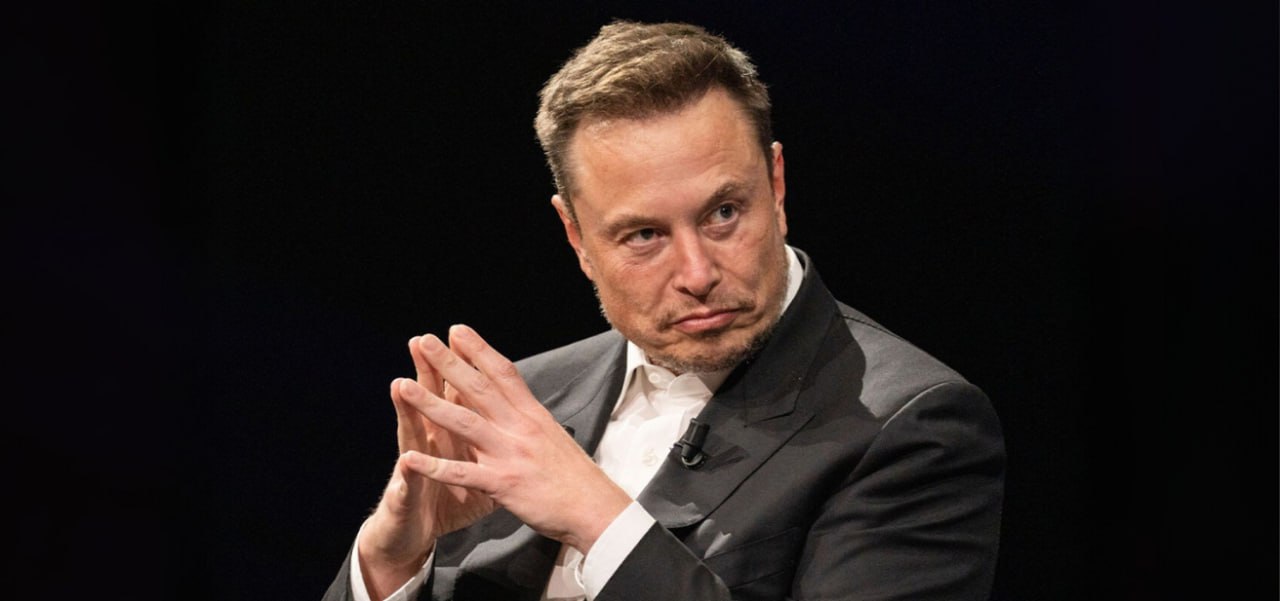
Elon Musk and Vivek Ramaswamy to Lead New DOGE
Estimated reading time: 4 minutes
Table of contents
In a groundbreaking move aimed at reducing government waste and streamlining bureaucratic processes, former President Donald Trump has announced the creation of the “Department of Government Efficiency,” or “DOGE.” This newly conceptualized department is designed to tackle inefficiencies in government, and it will be headed by none other than tech billionaire Elon Musk and former Republican presidential candidate Vivek Ramaswamy.
However, DOGE is not a traditional government agency. Instead, it is a consultative body that will work outside of the federal structure, providing insights and recommendations directly to the White House and partnering with the Office of Management and Budget (OMB). According to Trump, this approach will “shock government systems” and allow Musk and Ramaswamy to work with fewer constraints.
Musk’s Vision: Transparency and Public Accountability
Musk, who owns the social media platform X, pledged that DOGE’s work will be conducted with maximum transparency. He announced plans to document the department’s actions online and encouraged public feedback. “Anytime the public thinks we are cutting something important or not cutting something wasteful, just let us know!” he posted. Additionally, Musk promised a “leaderboard” to showcase examples of wasteful spending—an approach that aligns with his push for public accountability.
Ramaswamy: Corporate Efficiency Applied to Government
Vivek Ramaswamy, an entrepreneur with a background in biotech and corporate cost-cutting, brings his private sector efficiency strategies to DOGE. Although new to government, Ramaswamy’s experience in streamlining companies and advocating for conservative viewpoints is anticipated to play a significant role in his partnership with Musk. Expressing his enthusiasm, Ramaswamy echoed Musk’s commitment to shake up the system, posting, “We will not go gently.”
The Goals of DOGE: Cutting Costs, Increasing Efficiency, and Restructuring Government
Trump’s vision for DOGE is clear: tackle the “excessive” bureaucratic layers that he believes slow down progress. This mission involves:
Dismantling Bureaucracy: DOGE will provide recommendations to streamline agencies, making government systems more nimble.
Reducing Regulations: The department aims to slash regulations that are seen as burdensome, particularly in areas where Musk’s companies—such as Tesla, SpaceX, and Neuralink—operate.
Conducting a Full Federal Audit: DOGE will conduct a comprehensive review of federal spending and performance, identifying areas for “slash-and-burn” cuts.
DOGE’s initial goal is to propose reforms by July 4, 2026, aligning with the 250th anniversary of the signing of the Declaration of Independence.
Financial Impacts: Rising Cryptocurrency and Tesla Stock Prices
Trump’s announcement of DOGE has already sparked significant financial movements. Shares of Tesla have risen nearly 30% since Election Day, and the value of Dogecoin—a cryptocurrency Musk promotes—has surged. Analysts attribute this to market speculation that a Trump administration could reduce regulatory pressures on cryptocurrency and tech companies.
Analysis: A Win-Win for Musk’s Corporate Interests?
Equity analysts suggest that Musk’s role in DOGE could positively impact the market value of his companies. As DOGE recommends cuts and regulatory changes, sectors such as artificial intelligence, space exploration, and renewable energy—fields where Musk’s companies are leaders—could see a friendlier regulatory environment.Critics, however, are concerned that Musk’s involvement may present conflicts of interest. Public Citizen, a progressive watchdog, voiced apprehensions about the lack of accountability mechanisms for Musk and Ramaswamy. “Musk not only knows nothing about government efficiency and regulation; his own businesses have regularly run afoul of the very rules he will be in position to attack,” said Lisa Gilbert, co-president of Public Citizen.
Final Thoughts: A Radical Shift in Government Approach
The creation of DOGE marks a distinct shift in how the Trump administration envisions tackling government inefficiency. By appointing figures from the private sector—Elon Musk and Vivek Ramaswamy—who are unencumbered by traditional government roles, Trump hopes to bring an entrepreneurial approach to federal management. While the potential benefits of a leaner government are appealing to many, the implications for regulatory oversight and public accountability remain a significant concern.As DOGE begins its work, the American public will be closely watching its actions, both for the promised transparency and for the potential impact on the future of government efficiency.
Share
Hot topics

Trading with price action
When they start, most traders will believe that they must discover the ideal indicator for success. At otet markets, we see this every day.They test a variety of indicators, including...
Read more




Submit comment
Your email address will not be published. Required fields are marked *